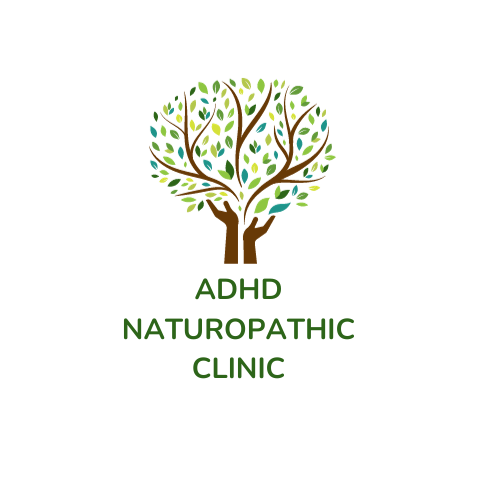The establishment of reference ranges for blood tests is a fundamental aspect of healthcare, yet the processes by which these ranges are determined vary significantly between conventional medicine and alternative healing practices. In conventional medicine, reference ranges are often set based on the average values observed in a population, which may include individuals with varying health statuses, including those dealing with illness. In contrast, alternative medicine often derives reference ranges from individuals deemed well, shining a spotlight on the potential impact of health status on the definition of what is considered "normal."
Conventional Medicine's Approach:
In the conventional medical system, reference ranges for blood tests are typically established through large-scale population studies. The average values, or mean, along with the standard deviations, are used to define what falls within the normal range. However, these ranges may include individuals dealing with various health conditions, potentially skewing the baseline. The emphasis on statistical averages can sometimes mask individual variations and fail to account for the dynamic nature of health.
Standardized tests measure parameters like complete blood counts, lipid profiles, and glucose levels, providing a baseline for diagnosing diseases and tracking treatment responses. However, this quantitative approach may sometimes overlook subtler imbalances or fail to capture the holistic context of an individual's health.
Alternative Medicine's Holistic Perspective:
Alternative medicine takes a different approach, often setting reference ranges based on individuals considered to be in good health. This holistic perspective acknowledges that what may be considered normal in a population grappling with chronic illnesses may not necessarily represent an optimal state of health. By focusing on the values exhibited by well individuals, alternative medicine seeks to define reference ranges that align with the concept of vibrant well-being, emphasizing prevention and overall balance. Alternative medicine sees a problem in your blood test before it becomes chronic.
At our clinic we also consider factors such as lifestyle, diet, emotional well-being, and individual constitution related to your recent blood results. Blood references, while still valuable, are seen as dynamic indicators that reflect the interconnectedness of the body's systems rather than isolated numbers dictating health status.
Addressing the Divergence:
The divergence in blood references between conventional and alternative approaches prompts important questions about how we define health and wellness. While conventional medicine excels in acute care and precise diagnosis, alternative medicine's strength lies in its focus on prevention, root-cause analysis, and the restoration of balance.
Conclusion:
In the evolving landscape of healthcare, understanding the differences in blood references between conventional medicine and alternative approaches is vital. Recognizing the strengths and limitations of each paradigm allows for a more comprehensive and patient-centric approach to health. Whether navigating the quantitative terrain of standardized blood tests or embracing the holistic perspective of alternative therapies, the ultimate goal is to foster well-being and address the unique needs of each individual.
Next Step
Take a proactive step towards optimizing your health by scheduling an appointment with us to have your blood test analyzed before symptoms arise. At ADHD Naturopathic Clinic we believe in the power of preventative care, and understanding your blood markers before illness sets in can be instrumental in maintaining well-being.
Our thorough analysis goes beyond conventional diagnostics, providing a holistic assessment to identify potential imbalances and guide personalized strategies for optimal health. Don't wait for symptoms to manifest—be proactive in nurturing your well-being. Schedule your appointment today and embark on a journey towards a healthier and more vibrant you.

